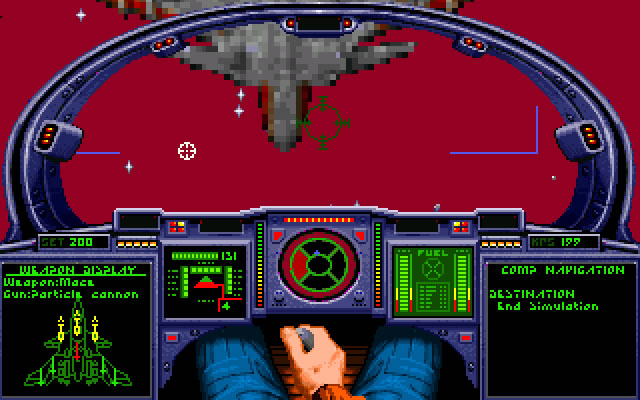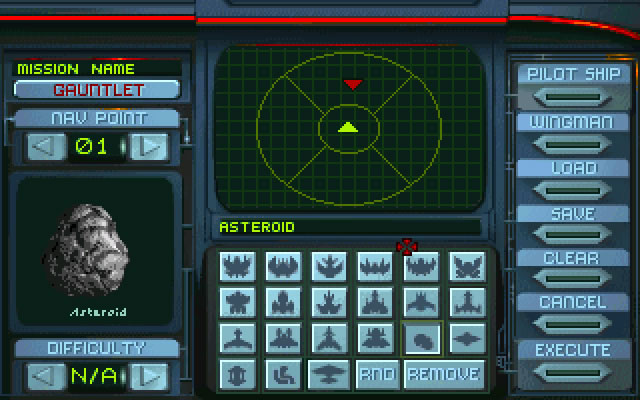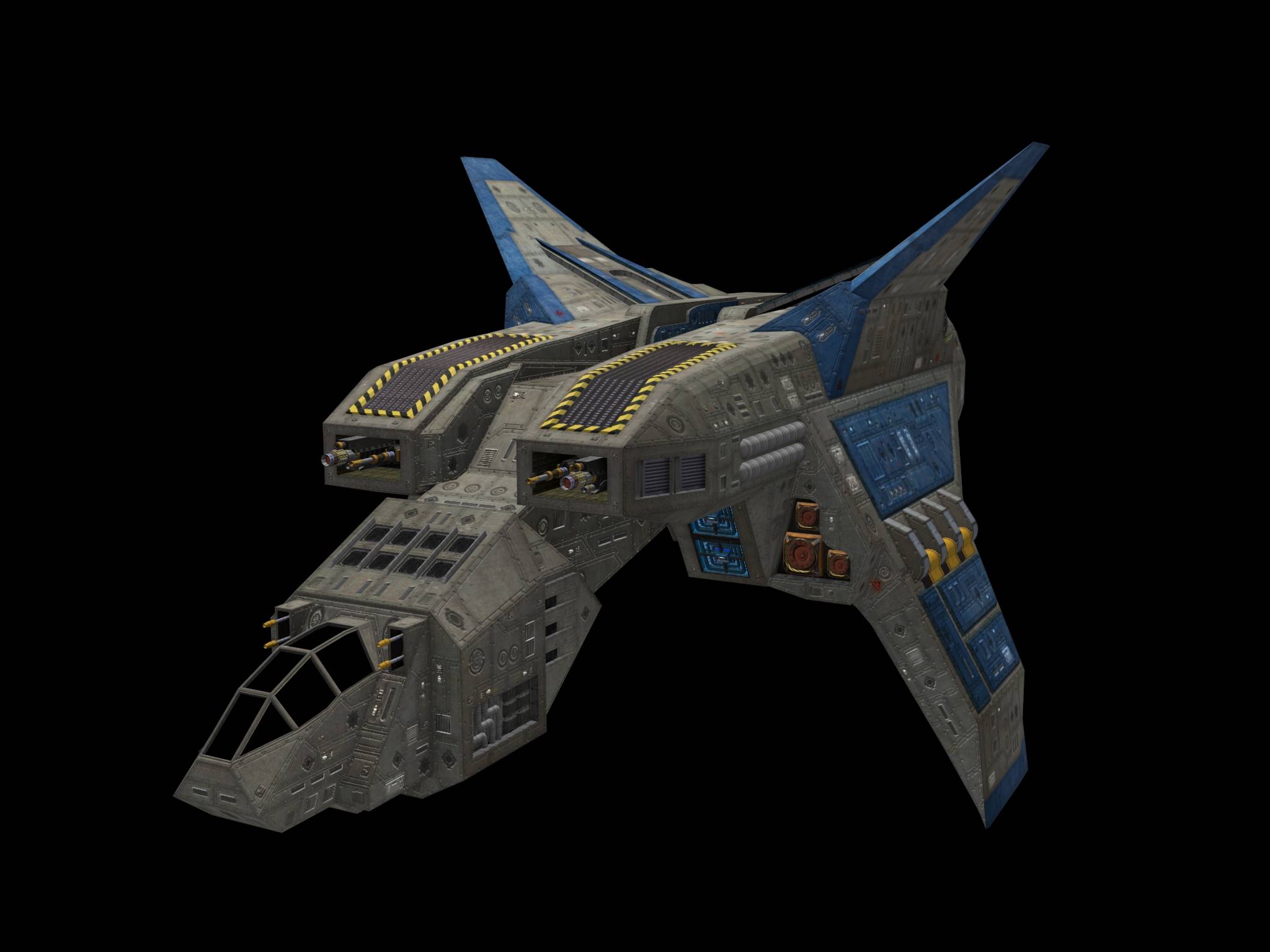

Her Story (a game all about watching pieces of footage from a deposition about a death. Signs of the Sojourner (a narrative deckbuilding game where your cards represent different types of conversation) Undertale (a fourth-wall-breaking RPG in which you can talk your way out of any battle, with multiple endings) Into the Breach (from the guys who made FTL) Dead Cells (a hybrid Metroidvania/Roguelike with Diablo-style random weapon/item spawns that force the player to use different strategies with every playthrough) Slay the Spire (a hybrid deckbuilder/roguelike where different runs can produce drastically different gameplay and builds)

Hades (a roguelike where dying progresses the story) Outer Wilds (an entire solar system is a puzzle stuck in a time loop) There are countless incredible (and bold) indie games doing really interesting and unusual things. If you think that, you're not looking hard enough.

I'm also not sure it's just me, or if games in general have lost a sort of magic they used to have. I think I'd like to get back to those deeper dives but with more money than time (versus more time than money that I used to have), so many excellent games available, and all kinds of other distractions, I'm not really sure how or where to begin. It's like the difference between reading a novel and really understanding a novel at a deep level. On a game I particularly enjoy, I might spend some more time on it by gathering the achievements, but achievements really pale in comparison (in terms of both difficulty and reward) to what I remember of doing this myself in my youth. There aren't any surprises: readily available game reviews tell me basically exactly what to expect. Even in the case where I don't have the next game chosen and already in my line-up, it's easy to buy a game online and have it downloaded and playable within an hour. I don't really do this with games anymore.

(I can't really recall what my goals were for the game, but I remember it being particularly difficult to achieve them.) This post reminded me of this, because Wing Commander (the original) was one of those games I played over and over again. (I also spent a lot of time thinking about whether a thing was possible, and if it wasn't, why not.) This also allowed me to spend a lot of time on games that weren't very good and find some good within them. It might be getting to a particular location that appeared to be 'off limits.' It was basically 'achievements' before there were achievement systems, but they were generally a lot harder and all the rewards for doing it where self-generated and internal. I'd "beat" the game, but I'd also have this sort of mental model of challenges or 'perfect' gameplay that I'd try to achieve. For a very short time, I lived about a mile away from a video game rental store and I'd sometimes be able to convince an adult I was responsible enough to return the game and spend my own money renting a game over a weekend.Īs a result of this, I'd spend many, many hours on the same game. Occasionally a cool friend would lend me a copy of something. When I was a kid, buying a new game was nearly impossible If I was lucky, I'd get one for a birthday present or a Christmas gift.


 0 kommentar(er)
0 kommentar(er)
